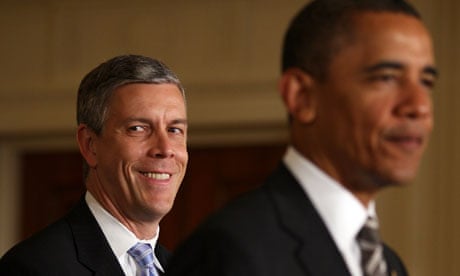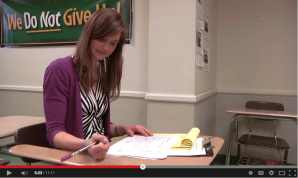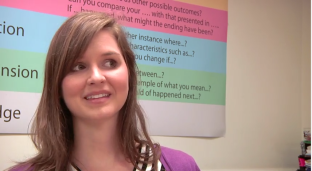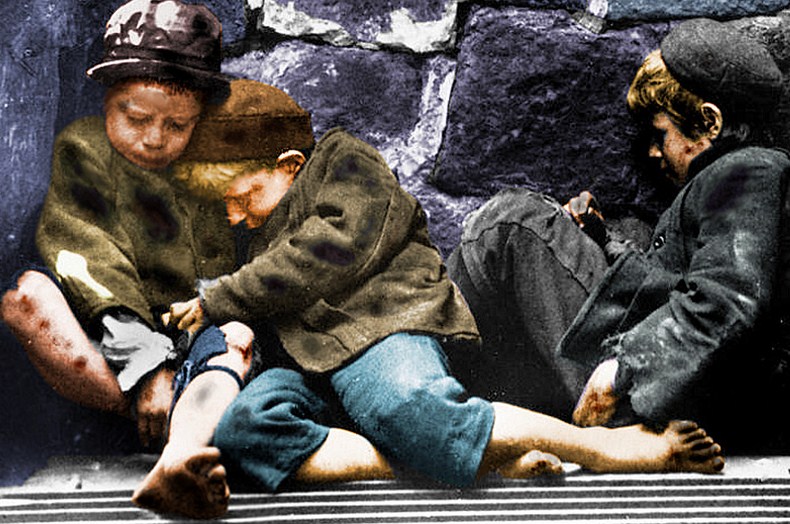Arne and Barack Target Schools of Education

Congress is Republican. ISIS is on the march. Common Core and high-stakes testing are under attack. The Affordable Health Care Act may be torpedoed by the Supreme Court. Arne Duncan and Barack Obama evidently need a softer opponent to pad their legacy. The hapless Knicks were probably not available for a pick-up basketball game. It looks like their choice of easy targets are American Schools of Education, evidently the "real" cause of poor student test scores, lousy teacher performance, economic stagnation, racism, poverty, police violence, environmental degradation, and everything else that may be wrong with American society.
Duncan, Obama's education point guard, is proposing "new regulations to implement requirements for the teacher preparation program accountability system." As with Race to the Top, federal dollars will be used to force compliance. If the changes go through the Obama Administration will withhold funding under the TEACH Grant program to students in Schools of Education that fail to meet their "quality" guidelines.
Obama and Duncan have invited interested persons to reply to their proposals on the Federal Register website by February 2, 2015. As of January 27, there were over 2,000 mostly negative comments. This is the response that I submitted.
I work in a School of Education at Hofstra University and my colleagues and I have no problem with "quality," in fact we run a very high quality program. I think most of the local school districts that hire our graduates in the New York metropolitan area will agree. I do not like to brag, but in the Spring and Fall 2014 semesters, 100% of the secondary school student teachers that I worked with passed the new rigorous New York State teaching assessment known as edTPA.
My problem with the Duncan/Obama proposal is that it has nothing to do with building a high quality professional teaching staff for American schools and will not solve any of the other problems facing the United States in the second decade of the 21st century.
The report is based on some really bad assumptions.
1. "Thousands of new teachers enter the profession every year, and their students depend on having well-prepared teachers."
Yes, students do need well-prepared teachers. But they need teachers who are constantly being prepared through ongoing staff development, not teachers who completed a university program years earlier and were then assumed to be finished products. Ongoing training is expensive. I started my teacher education program in the 1960s, before copying machines, computers, video-recording, Smartboards, cellphones, email, ebooks, the internet, PowerPoint, iPads and iPods, etc. I learned to use these things in the classroom over time. I could not be prepared to use them before they were invented.
In the United States our plan seems to be do everything for cheap so we can cut taxes. Inoculate teachers against all potential eventualities while they are still in college and Arne and Barack Target Schools of Education | Alan Singer:





















